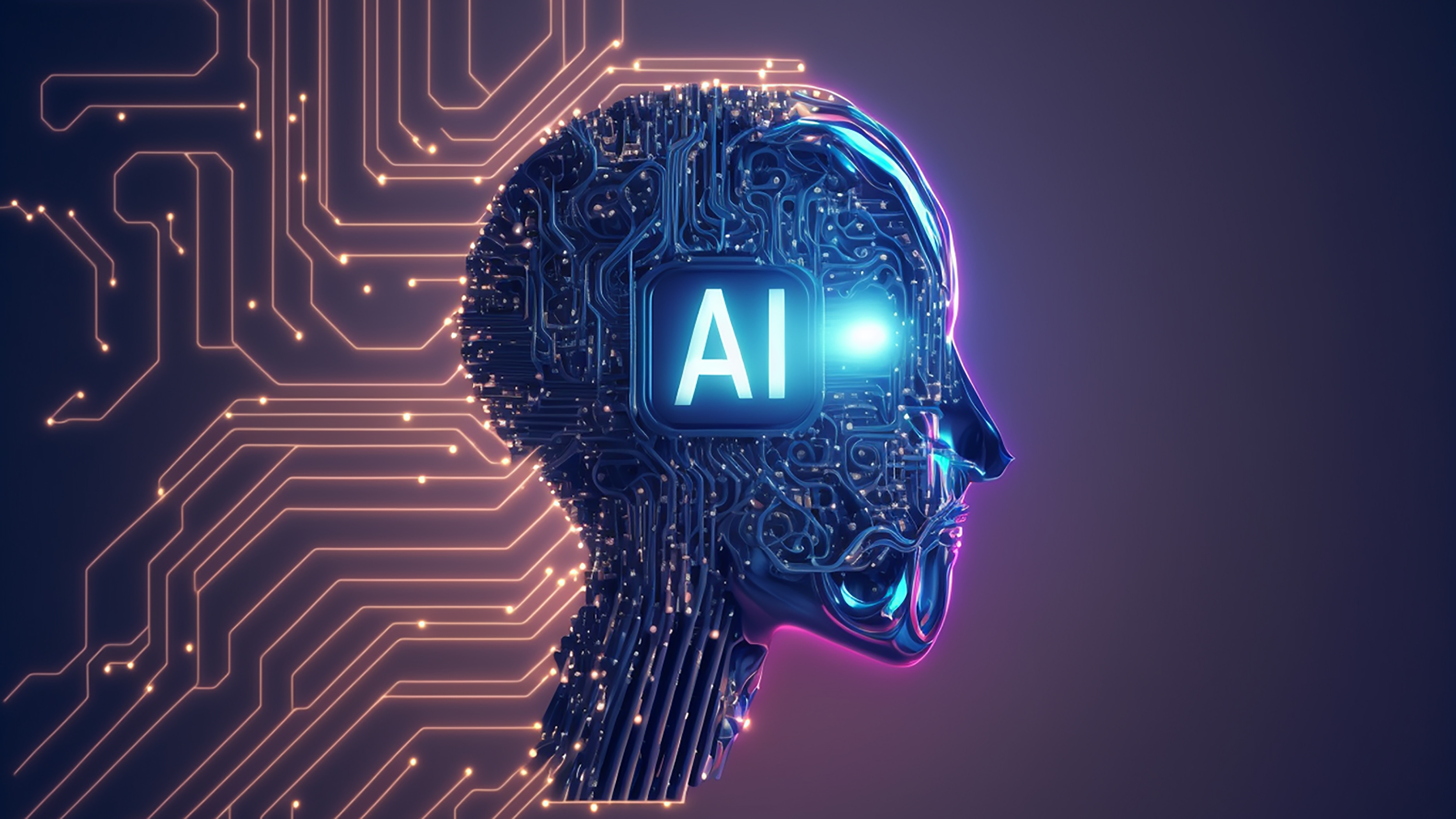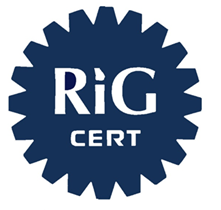ISO/IEC 42001 - Artificial intelligence management

Artificial Intelligence is rapidly reshaping the world we live in. From personalized recommendations and autonomous vehicles to fraud detection and predictive healthcare, AI systems are becoming deeply embedded in business operations, public services, and daily life.
With great power comes great responsibility.
As AI capabilities grow, so do the concerns about ethics, accountability, transparency, privacy, bias, and safety. How can organizations ensure that AI is used for good — and not at the expense of human rights, trust, or fairness?
In this context, the conversation is shifting from what AI can do to how AI should be managed.
ISO/IEC 42001 is the first international standard dedicated to the governance of Artificial Intelligence. It provides a formal framework for implementing an Artificial Intelligence Management System (AIMS) that addresses the risks, responsibilities, and expectations associated with AI technologies.
Rather than focusing on technical models or algorithms, ISO/IEC 42001 looks at how organizations manage the entire AI lifecycle — from design and development to deployment and ongoing monitoring — ensuring that AI systems remain trustworthy, lawful, and aligned with human values.
Without proper oversight, AI systems can reinforce inequality, make opaque decisions, or introduce unexpected vulnerabilities. ISO/IEC 42001 helps organizations answer critical questions:
-
Is our AI system fair and non-discriminatory?
-
Are we transparent about how decisions are made?
-
Who is accountable if something goes wrong?
-
Are we complying with data protection laws and ethical standards?
-
Do we have the right controls in place to monitor, improve, and intervene when necessary?
By addressing these issues systematically, ISO/IEC 42001 supports a responsible, sustainable, and human-centric approach to AI adoption.
This standard is relevant to any organization involved in the development, deployment, or use of AI systems, including:
-
Technology developers building AI software or platforms
-
Enterprises using AI for automation, analytics, or decision-making
-
Public institutions leveraging AI in education, healthcare, transport, or justice
-
Startups and scale-ups looking to gain market trust
-
Organizations navigating legal and ethical AI obligations
In short, if your organization works with AI — directly or indirectly — ISO/IEC 42001 gives you the tools to manage it with purpose, structure, and credibility.
RIGCERT provides certification services for Artificial Intelligence Management Systems (AIMS) in accordance with ISO/IEC 42001. Our qualified auditors support your organization in implementing and maintaining a structured, accountable approach to AI governance — helping you demonstrate trust, compliance, and leadership in the responsible use of AI.
ISO/IEC 42001 is the first international standard dedicated to the responsible management of Artificial Intelligence systems.
As AI becomes increasingly embedded in modern society—powering automation, personalization, analytics, decision-making, and critical infrastructure—the need for structured, transparent, and accountable governance has never been more urgent.
This standard provides a comprehensive framework for implementing an Artificial Intelligence Management System (AIMS), enabling organizations to address the specific risks, responsibilities, and expectations that arise from the development and use of AI technologies.
Structured similarly to ISO/IEC 27001, ISO/IEC 42001 follows a common high-level framework that facilitates integration with existing systems for quality, information security, or privacy management. This makes it easier for organizations to embed AI governance into broader operational practices without duplication or fragmentation.
At the core of the standard are requirements that help organizations manage AI in a trustworthy, lawful, and human-centric manner. These include assessing the impact of AI systems on individuals, groups, and society; conducting risk assessments that go beyond technical reliability to address ethical, legal, and societal concerns; and ensuring human oversight and accountability for AI-driven processes.
One of the distinctive features of ISO/IEC 42001 is its detailed set of AI-specific controls, outlined in Annex A of the standard. These controls address a wide range of topics, including impact assessments, data for AI systems, the various stages in an AI system life cycle, policies related to AI or information about AI systems that third-parties should recieve. Organizations are expected to apply the controls based on the context and risk level of each AI system, using a structured and evidence-based approach.
The standard also emphasizes the need for clear roles and responsibilities within the organization, mechanisms for stakeholder engagement, and internal policies that guide the design, testing, and deployment of AI in a responsible way. By embedding these practices, organizations not only reduce risks but also build credibility with regulators, partners, clients, and the public.
ISO/IEC 42001 is relevant to any organization involved in the development, use, or integration of AI systems. ISO/IEC 42001 is relevant to any organization involved in the development, use or integration of AI systems - whether public or private, large or small, technical or non-technical. It supports enterprises working with AI to demonstrate transparency and accountability; it helps public institutions navigate emerging regulatory expectations; and it offers a pathway for startups and innovators to gain trust in the market.
In a global environment where the societal impact of AI is under increasing scrutiny, ISO/IEC 42001 brings clarity, structure, and international recognition to how artificial intelligence is managed. It supports organizations in transforming abstract principles into actionable processes, building systems that are not only intelligent—but also ethical, inclusive, and aligned with human values.
RIGCERT provides certification services for Artificial Intelligence Management Systems in accordance with ISO/IEC 42001. With a deep understanding of AI risks and governance challenges, our auditors support your organization in implementing a robust and credible AIMS—helping you demonstrate compliance, leadership, and commitment to responsible AI use.
The ISO/IEC 42001 Artificial Intelligence Management System (AIMS) certification can be obtained following a successful initial certification audit, conducted in two stages by qualified and impartial auditors.
The certification confirms that the organization has implemented a management system for artificial intelligence that meets the requirements of this international standard (ISO/IEC 42001) and supports the responsible development, deployment, and monitoring of AI systems.
The certification is valid for a period of three years, during which annual surveillance audits are conducted to confirm that the AIMS remains compliant with the standard and continues to be effectively implemented.
If surveillance audits are not completed within the required timeframe, or if they identify major nonconformities that are not addressed by the organization, the certification may be suspended or withdrawn.
At the end of the three-year cycle, the organization may choose to undergo a recertification audit, which is conducted under similar conditions to the initial audit process. This ensures that the AIMS continues to be suitable, effective, and aligned with the organization’s objectives and AI responsibilities.





